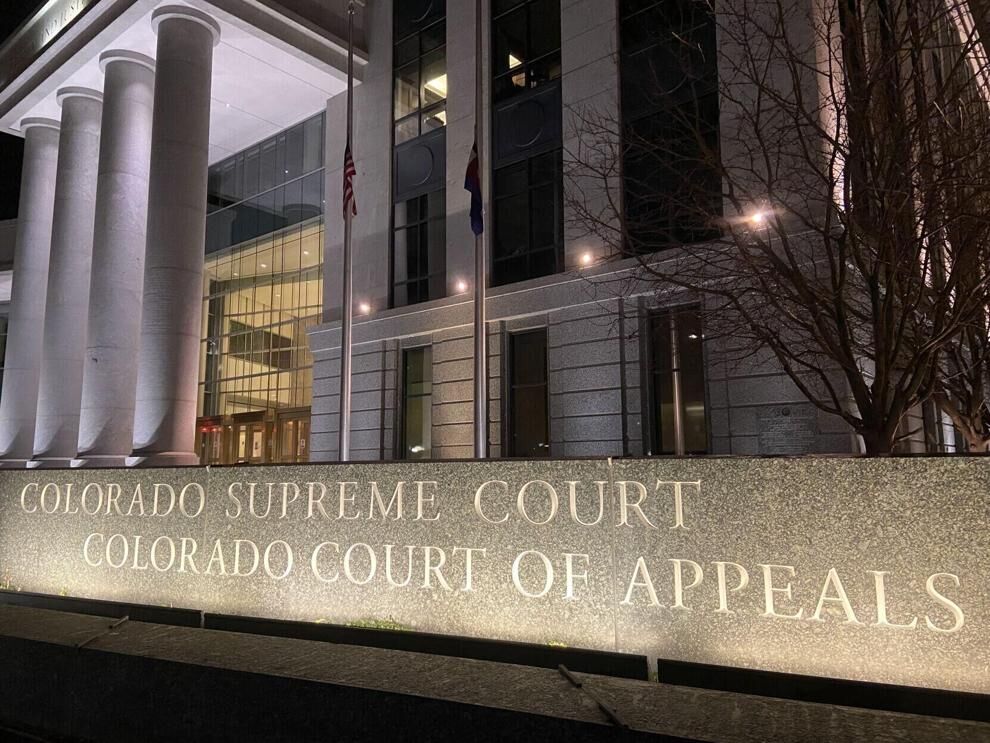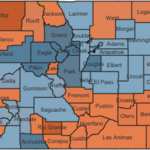Appeals court says children’s age, maturity must factor into prosecutions for sexual contact

An 11-year-old boy in Denver was “spinning around” a female classmate and made contact with her genitals and buttocks. The boy also reportedly told her “sexual things,” but there was no evidence of what he actually said.
A juvenile court judge in Denver found the boy, J.O., had committed unlawful sexual contact under the circumstances because he had touched the victim “for the purpose of sexual gratification.”
Now, the state’s second-highest court has ruled for the first time that judges must consider a child’s age and maturity when analyzing whether their behavior was intended for sexual gratification.
“Whether a juvenile acted for the purpose of sexual gratification must be determined on a case-by-case basis,” wrote Judge Jaclyn Casey Brown in a June 16 opinion for the Court of Appeals. “It may not – and often will not – be appropriate for a fact finder to ascribe the same intent to a juvenile’s act that one could reasonably ascribe to the same act if performed by an adult.”
A three-judge panel for the appellate court reversed the finding of unlawful sexual contact after determining insufficient evidence existed to prove the boy’s intent was sexual.
The court’s summary of the case reflected multiple instances of J.O. touching classmate M.L., who was also 11. When M.L. told J.O. she did not want to be friends with him anymore, J.O. slapped her breast with the back of his hand. Later, a teacher observed the two chasing each other and, initially, mutually enjoying the playtime.
However, M.L. later told the teacher J.O. “touched her sexually” and said “sexual things.” During an interview, M.L. clarified J.O. was “spinning around” her and used his buttocks to touch hers, and to touch her genitals. J.O.’s “front private,” she said, also touched her genitals. All contact occurred over the children’s clothes.
After a trial, Judge Pax Moultrie agreed J.O. had committed unlawful sexual contact under Colorado law by knowingly touching the girl’s intimate parts. However, the law also requires that the touching be done for “the purpose of sexual arousal, gratification, or abuse.” Prosecutors had claimed J.O. did it for sexual gratification.
“The court notes the touching was not pulling her hair, touching her head, twisting an arm. It was contact in sexual parts of (M.L.)’s body. Her breast, her genital area and her butt,” Moultrie concluded. “So the court finds that the People have proven all the elements of (unlawful sexual contact) beyond a reasonable doubt.”
On appeal, J.O.’s attorney argued Moultrie had incorrectly found the boy acted with the required purpose. Public defender Mark Evans told the Court of Appeals panel there was no evidence that either child had a romantic interest in each other. There was evidence only of the touching itself.
“My client is a sex offender. That’s why we’re here. Because this childish behavior in a school hallway was labeled a sex offense,” Evans said. “That’s not just dangerous to my kid. It’s dangerous to all Colorado kids.”
Assistant Attorney General Brenna A. Brackett conceded that the touching alone was not a crime, but J.O.’s contact with all of M.L’s intimate areas, plus the unspecific sexual comments, provided a basis to prove sexual gratification.
“How do you define sexual gratification for anybody, much less for an 11-year-old?” asked Judge David J. Richman. “It’s not defined by the statute.”
“When you parse it out,” added Judge Neeti Vasant Pawar, “you can say, ‘Gee, there were three targeted touches of three distinct areas.’ But when you read how it was described, it was this spinning around her, and they were laughing and in the hallway by the locker, in a public place in view of teachers.”
She added that she had a hard time connecting that behavior to any sexual gratification by J.O.
Because the issue had not arisen in Colorado’s appellate courts previously, the panel looked to other states’ courts, ultimately relying heavily on a 2019 appellate decision out of Illinois. There, a girl said she was raped by an 11-year-old boy named M.H. when she was eight. She described the two of them being naked from the waist down and M.H. touching her genitals with his.
The appellate court reversed M.H.’s conviction under the law that closely resembled Colorado’s unlawful sexual contact statute. There was no evidence of sexual arousal during the encounter, only information pointing to “M.H.’s immaturity and his complete lack of understanding of sex,” wrote Justice Tom M. Lytton.
The appellate panel hearing J.O.’s case found the Illinois opinion convincing.
“We have not been asked to and do not hold that a juvenile is not capable of acting for the purpose of sexual gratification. But there must be other evidence of the juvenile’s sexual purpose beyond the sexual contact itself,” Brown wrote.
She added that evidence of sexual gratification could include heavy breathing, observable signs of arousal, or telling a victim after the fact not to disclose the encounter. The panel concluded that, while it could not condone J.O.’s behavior, the evidence did not show beyond a reasonable doubt that J.O. acted to gratify himself sexually.
The case is People in the Interest of J.O.














